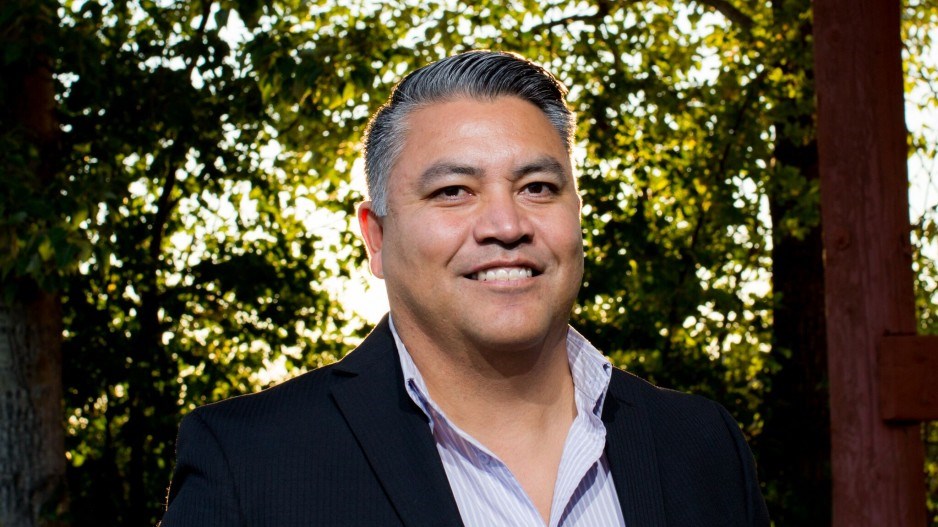Tsleil-Waututh, Squamish and other B.C. First Nations celebrated what they call a hard-fought victory this week: recognition from the Federal Court of Appeal that Canada failed to meaningfully consult with Indigenous peoples about the Trans Mountain Pipeline expansion project.
“I’m absolutely elated, I’m ecstatic,” said Grand Chief Stewart Phillip, president of the Union of British Columbia Indian Chiefs (UBCIC), which has staunchly opposed the project on environmental grounds.
“My faith in the judicial system has been somewhat restored. But I have been around the block and this is not my first rodeo. And I know this battle will continue.”
The decision, Phillip said, took him aback. On August 30, Canada’s second-highest court concluded that while government had acted in good faith, it fell well short of its obligations to consult with Indigenous applicants and address their concerns.
It’s not the first time the court has called Canada’s consultation process flawed.
“It’s the logical sequel to what the Federal Court of Appeal did in the Northern Gateway project,” said lawyer Allan Donovan, founder of Vancouver-based Donovan & Co.
Donovan represented the Haisla Nation in its Federal Court of Appeal challenge of Enbridge Inc.’s (TSX:ENB) Northern Gateway pipeline project. In 2016, the court concluded that Canada’s execution of part of the consultation process was “unacceptably flawed and fell well short of the mark.”
On both the Northern Gateway and Trans Mountain decisions, Indigenous rights and issues factored into the court’s decision to overturn each project’s approval.
“We haven’t got it right yet,” said Kathryn Harrison, a University of British Columbia (UBC) professor of political science and an expert in energy policy.
“We are only beginning to grapple with ‘what does it mean to meaningfully consult and respect the constitutional rights of First Nations?’” she said.
It does not require perfection. According to the Supreme Court of Canada, a reasonable effort by the government of Canada to inform and consult Indigenous peoples would meet the court’s standard.
“It’s difficult to define, but you know it when you see it,” Donovan said. “And you also know when something isn’t real consultation.”
The Federal Court of Appeal has ordered the Canadian government to redo part Phase 3 of its consultation, which was intended to address outstanding concerns of Indigenous peoples, and the measures the Canadian government could take to address those concerns.
“More often than not, First Nations and other interest groups are forced to go to the courts to have their interests and their rights and title for Indigenous people heard and also acknowledged,” said Terry Teegee, regional chief of the British Columbia Assembly of First Nations.
“I think this very controversial project was approved under a flawed process, so I think for many Indigenous communities it was a very favourable decision,” he said. “Free, prior and informed consent is paramount in terms of how First Nations make decisions on these projects, and it’s whether you approve it or don’t approve it.”
With an overturned approval, the biggest question facing First Nations and other stakeholders is how the federal government will choose to respond.
In the wake of the ruling, Canadian finance minister Bill Morneau has re-emphasized government’s commitment to building the pipeline.
Leaders of the UBCIC, Tsleil-Waututh Nation and others have said they are ready for the federal government to appeal the decision to the Supreme Court of Canada. The country’s highest court could decide not to hear the case, though Donovan ventured it is likely it would, given the importance of the issue.
But it’s not the only option.
“The other course open to government would be to say, ‘Yeah, OK, thank you. We understand we’ve done some things wrong. We’ll try to get it right this time. We’ll follow the advice provided by the court of appeal.’ In the long run, that may be the more viable option,” he said.
“The party line of the current government is that they prefer to resolve matters by good-faith reconciliation, and not by litigation. So their choice here will say something about how committed they are to that reconciliatory approach.”




